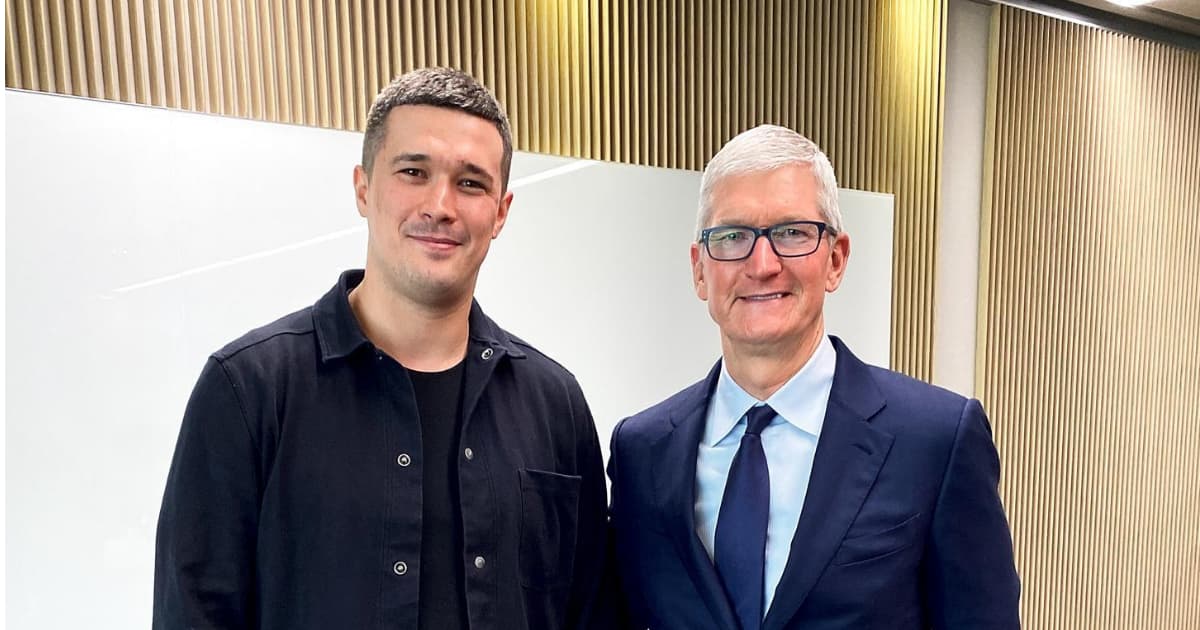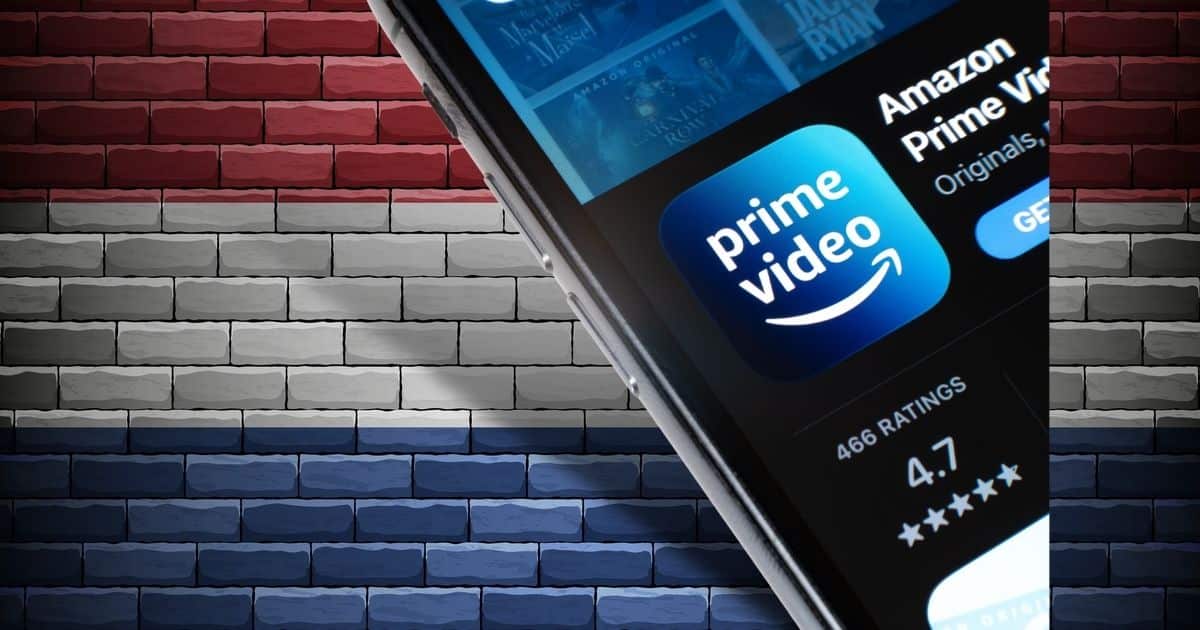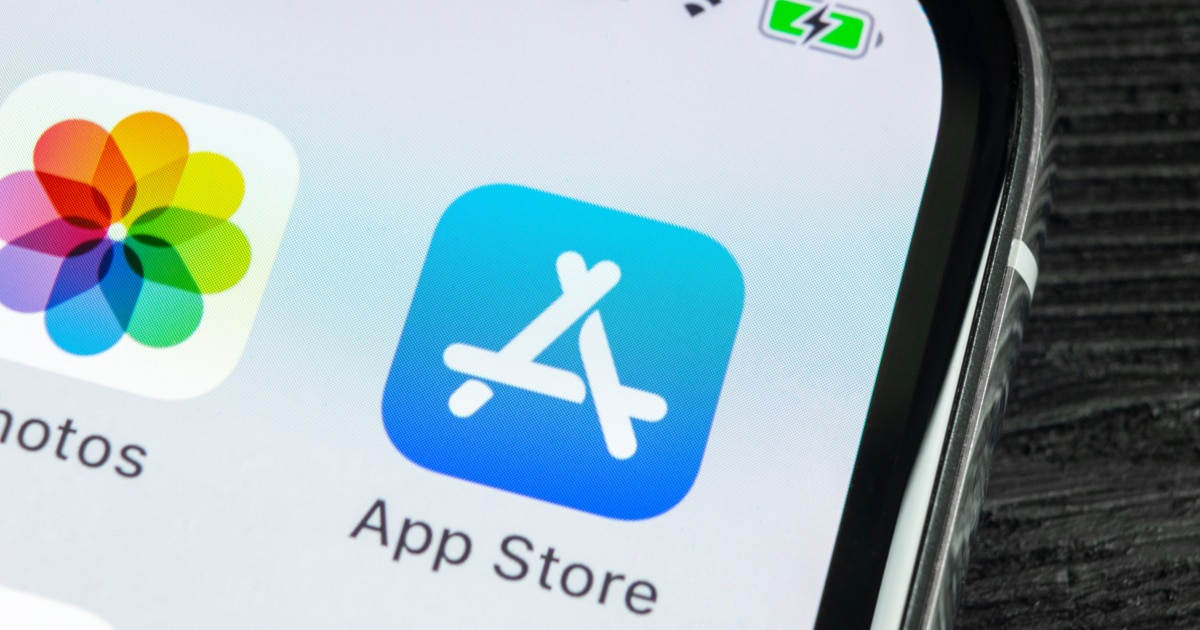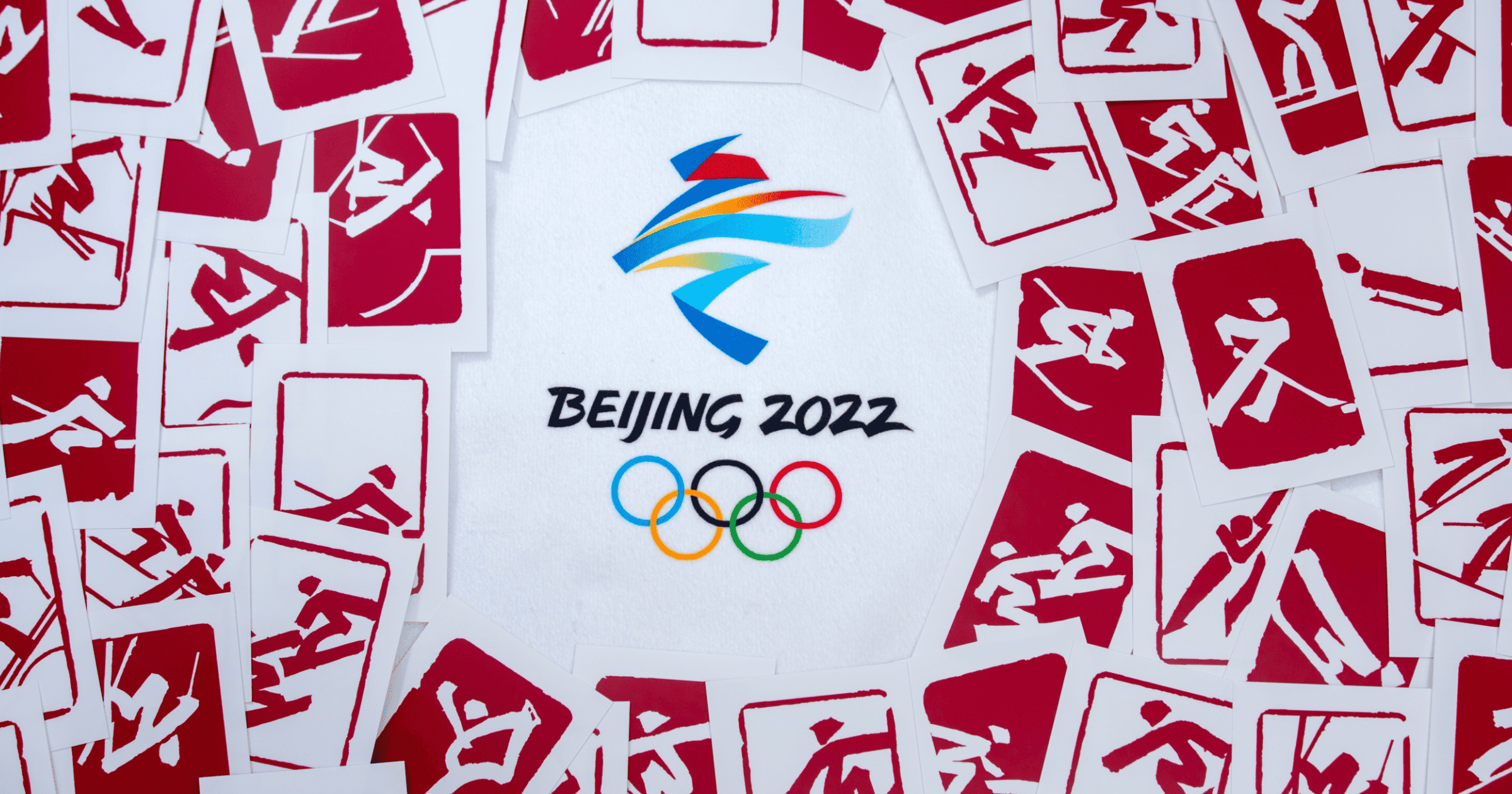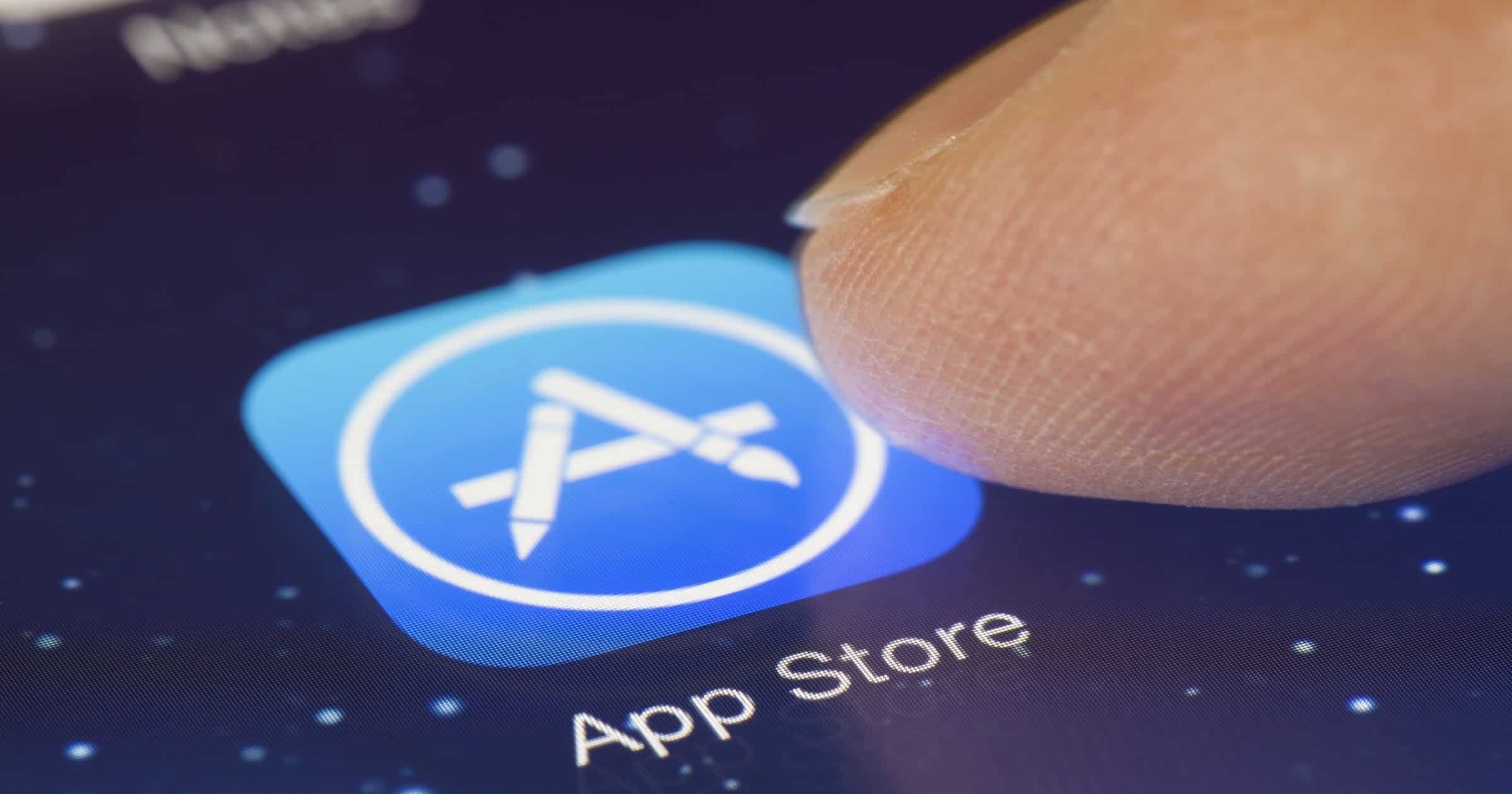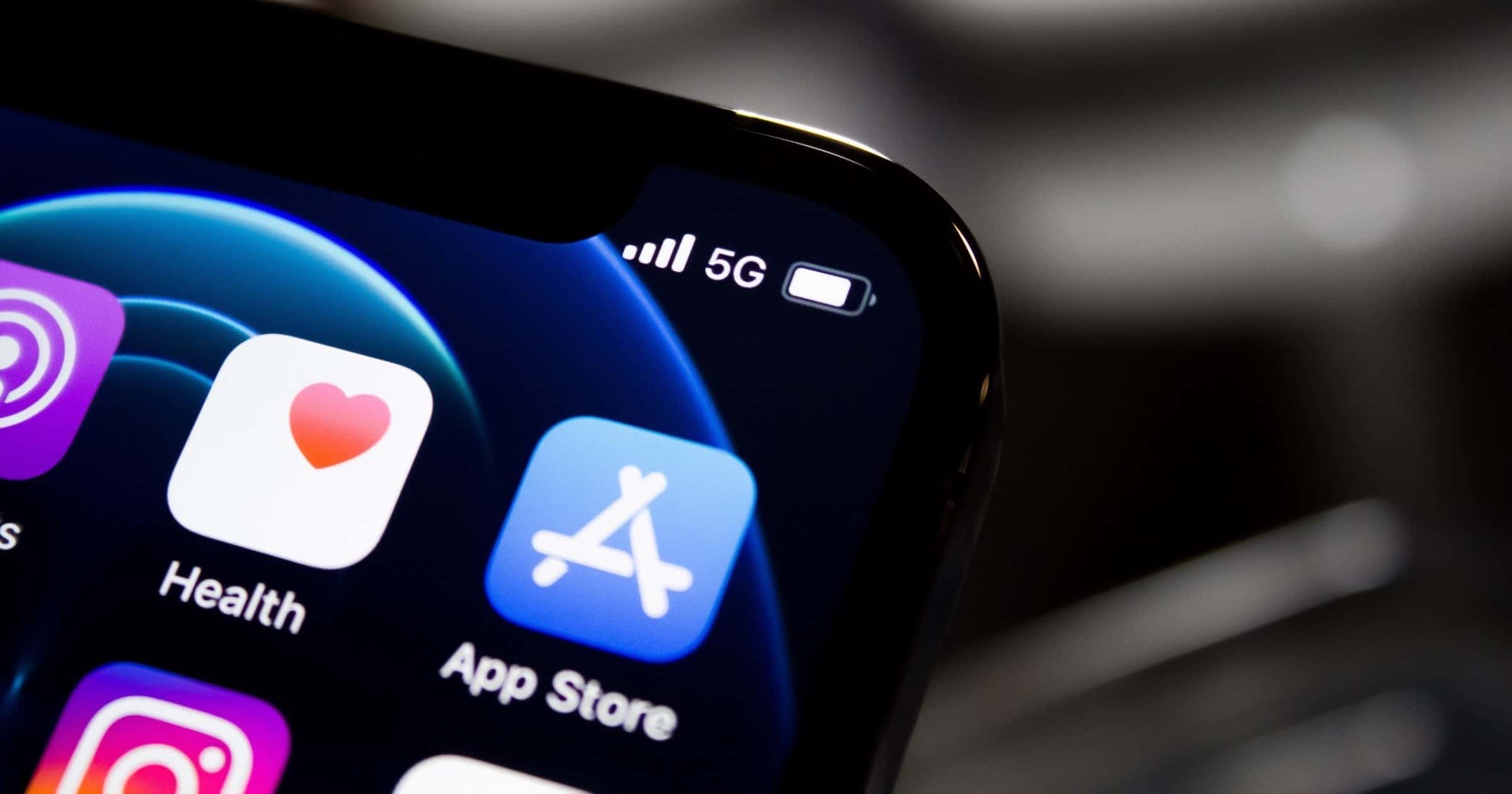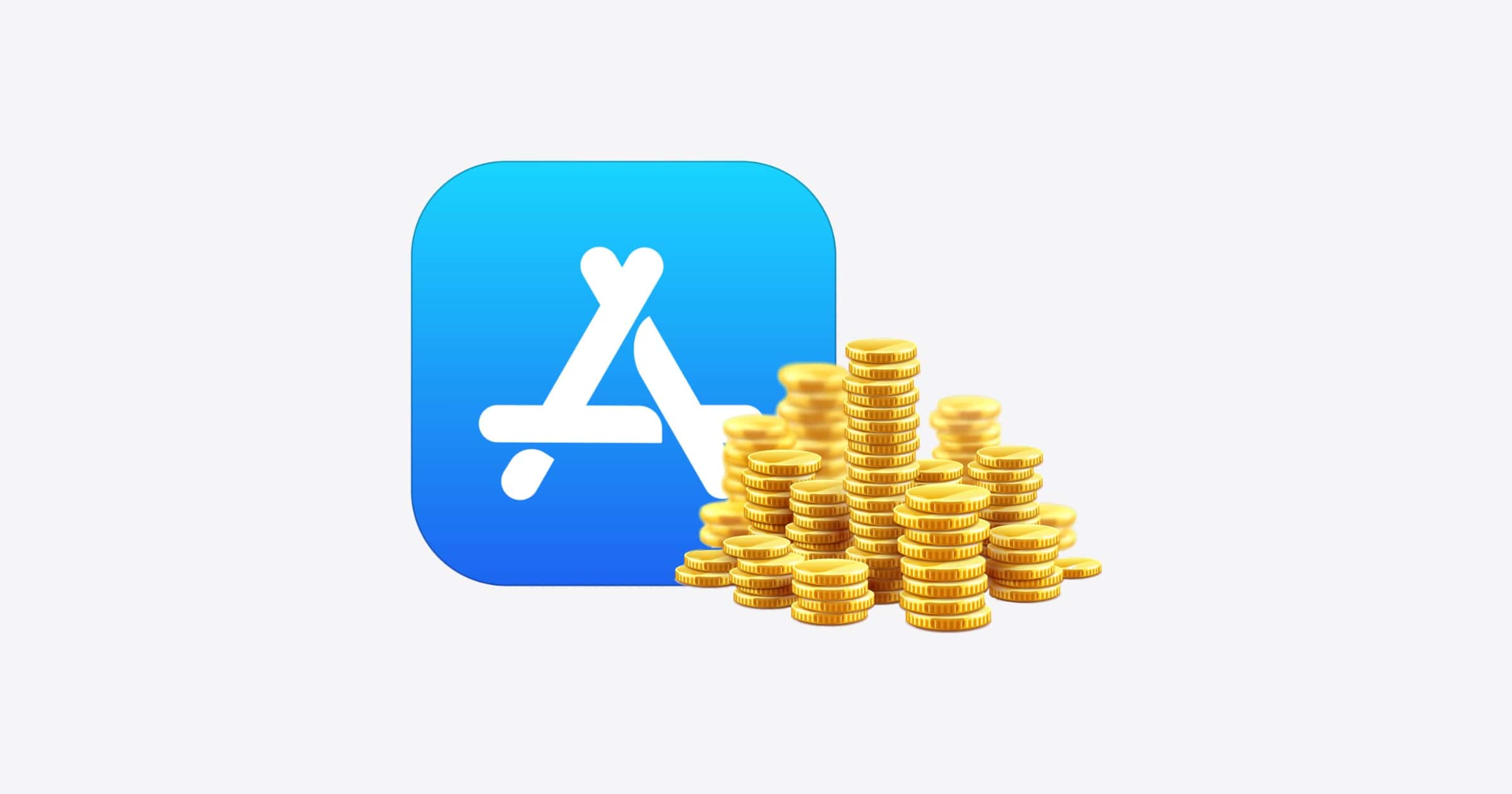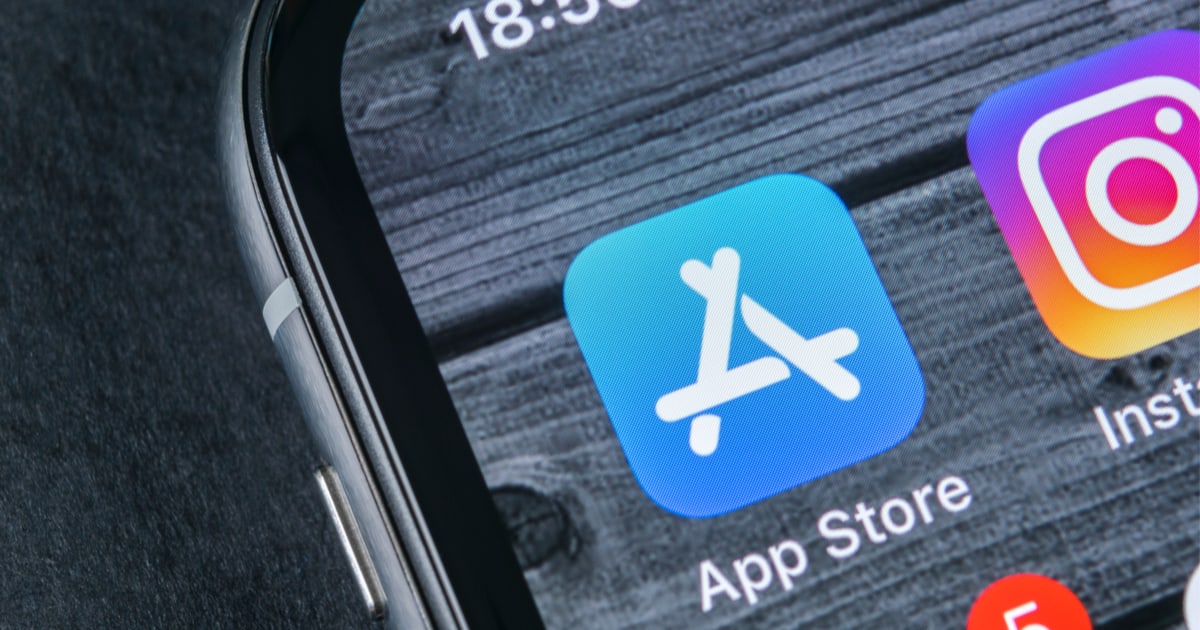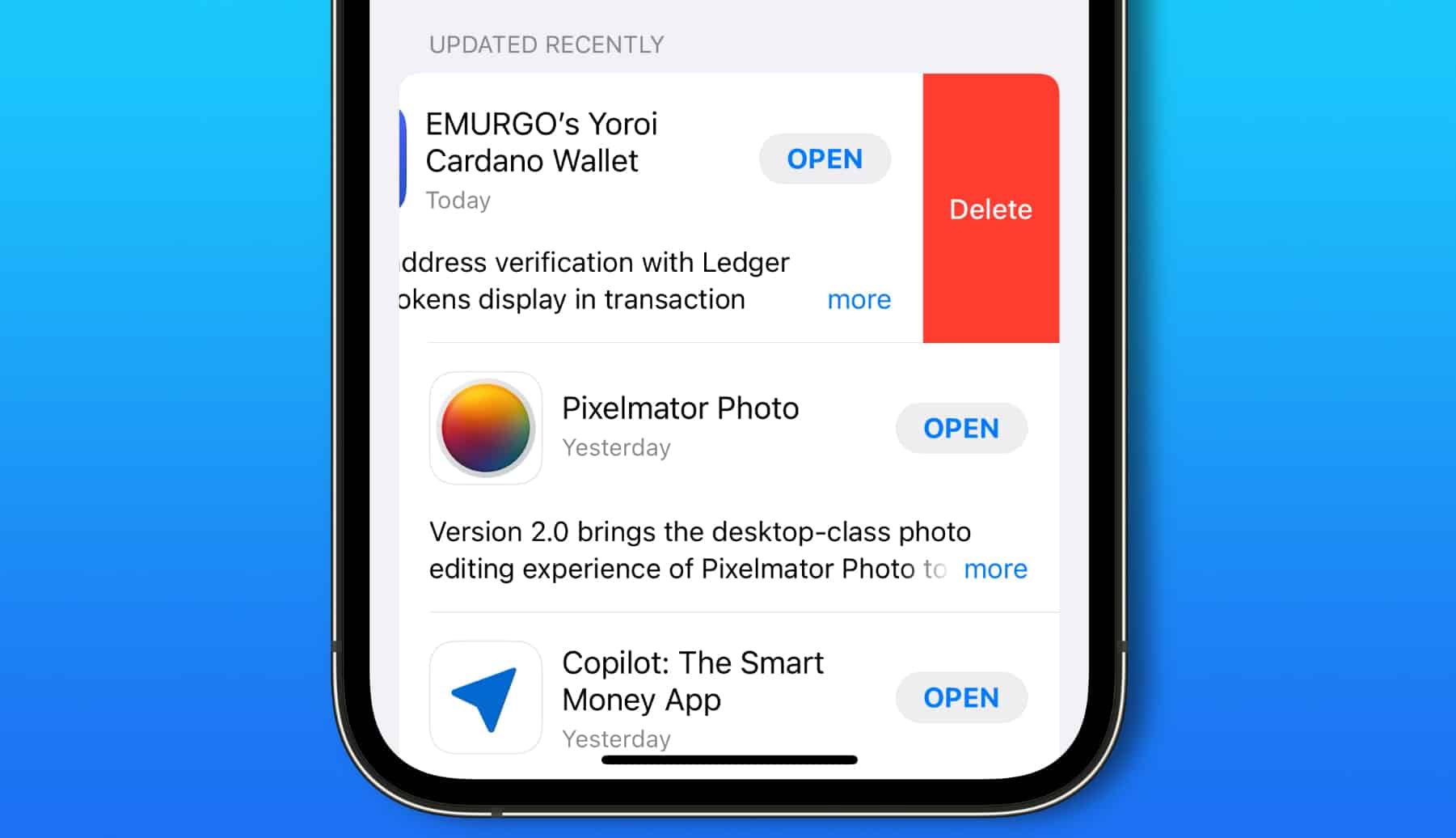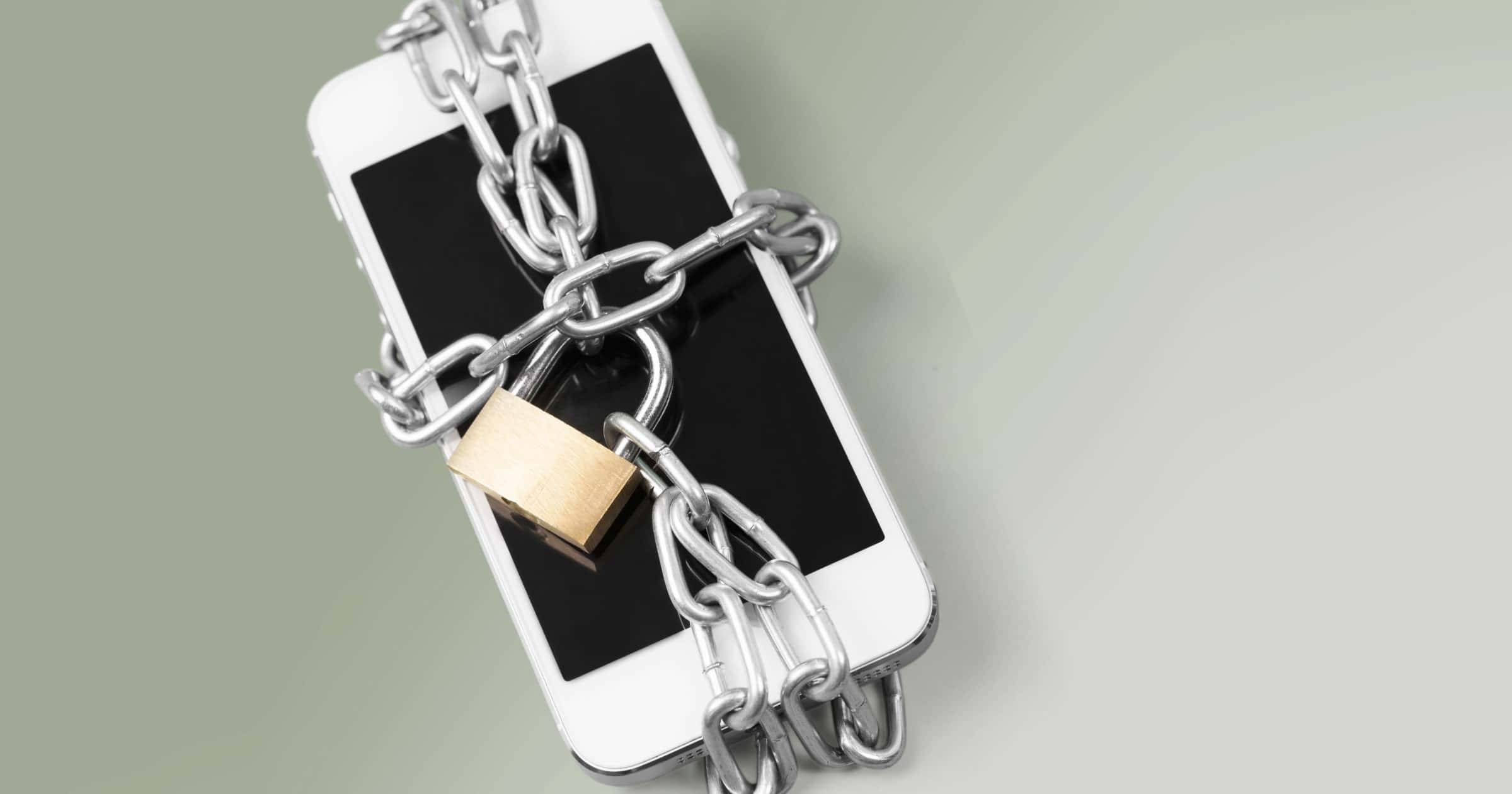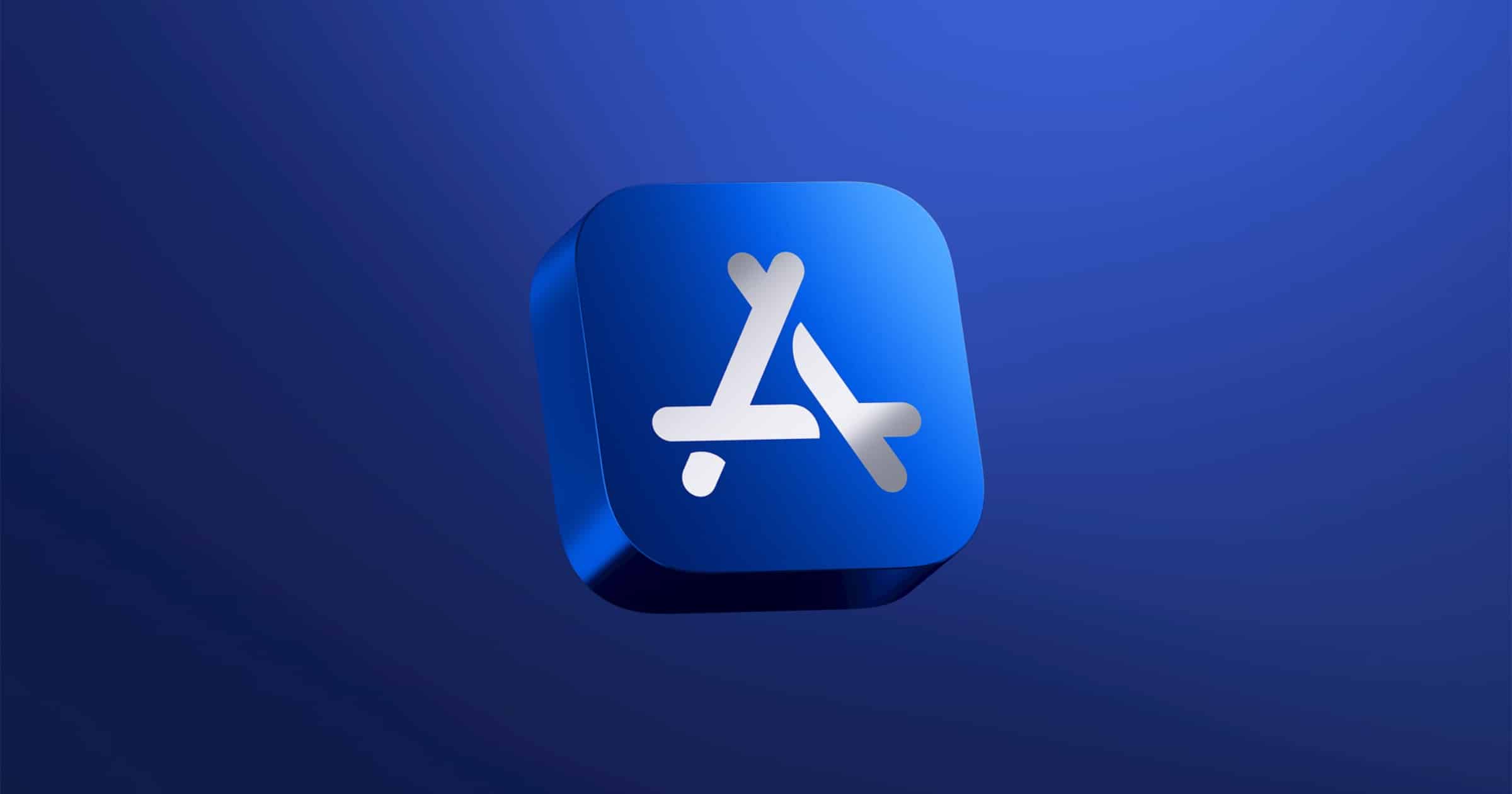Months after the country’s election, Apple has reinstated a controversial app made by Kremlin opposition leaders to the App Store in Russia.
App Store
Apple Test Pilots New Feature In App Store that Auto Enrolls Current App Subscribers
Reports are indicating that Apple is testing a new feature in the app store that auto enrolls app subscribers for new subscription prices.
Apple Targeted by Yet Another Dutch Class Action
A second Dutch class action lawsuit against Apple brews, even as Apple continues to struggle with a regulatory agency in The Netherlands.
Apple May Pay More Fines For Not Complying with Dutch Third-Party Payment Systems Ruling
As a Dutch regulator levies the 10th fine against Apple for its failure to comply with orders to allow third-party payment systems for dating apps, it warns that there may be higher fines in the future.
[U] Apple Music, Other Online Services Face Second Day of Outages
For the second day in a row, users are reporting an Apple Music outage as well as issues using other of Apple’s online services.
Apple Facing Ninth Weekly Fine in The Netherlands
The Netherlands has imposed a 9th fine on Apple for not complying with its order regarding payment methods for dating apps.
Ukraine Urges Apple to Block Its Services to Russia, including Access to the App Store
Ukrainian Deputy Prime Minister and Minister of Digital Transformation, Mykhailo Fedorov has urged Apple to stop all its services in Russia.
Apple’s App Store Policies Under Fire by Another Dutch Group
According to a Dutch foundations, Apple’s and Google’s app store policies have cost residents more than a billion euros in excess payments.
App Store Sessions for Developers Start February 15
App Store Sessions will be held from February 15 to March 29. If you’re a member of the Apple Developer Program you can sign up.
Exclusive: Extent of China's Winter Olympics App Store Crackdown Revealed, Relationship Magazine Amongst Those Removed From App Store
There has been a crackdown on a wide range of software in the China iOS App Store ahead of the 2022 Winter Olympics in Beijing.
Judge Rules Developer's Lawsuit Can Proceed Against Apple
A judge ruled that a lawsuit from Kosta Eleftheriou can proceed against Apple. Half of the claims can move forward and Mr. Eleftheriou can amend the other claims that were dismissed.
In his own lawsuit against Apple, Eleftheriou aims to document what he alleges were an unfair series of rejections for his Apple Watch keyboard app, FlickType, from the App Store. At the time, Apple told Eleftheriou his app offered a “poor user experience” and noted full keyboard apps were not allowed for Apple Watch. But, he says, it then allowed competitor keyboard apps as well as third-party apps (like Nano for Reddit, Chirp for Twitter, WatchChat for WhatsApp and Lens for Instagram) to launch on the App Store.
App Store Introduces Support For Unlisted Apps
The App Store is now supporting unlisted apps, which do not appear in App Store categories and can only be accessed via a direct link.
Dutch Antitrust Regulator Begins Issuing Weekly Fines Against Apple in Dating Apps Row
The Dutch antitrust regulator fined Apple €5 million for failing to allow dating apps to use alternative pay methods beyond the App Store.
'Open App Markets Act' Would Have Unintended Side Effects, Warns ITIF
The Information Technology and Innovation Foundation warns Congress about unintended consequences of the Open App Markets Act.
Apple Series, Services, and Sports – TMO Daily Observations 2022-01-11
Charlotte Henry and Andrew Orr join host Kelly Guimont to discuss Apple’s announcements about services and TV+ possibly broadcasting sports.
App Store Earnings for Developers has Reached $260 Billion Since 2008
Apple released a press release on Monday to recap what it achieved in 2021 such as App Store earnings developers have made since 2008.
How to Stop the In-App Review Annoyance
If you’re annoyed with being bombarded with in-app review requests, you aren’t alone. Here’s how to turn those prompts off completely.
Apple's Policies Force Tumblr to Ban Certain Tags for iOS Users
Tumblr has been banning a host of tags from its iOS app in an effort to comply with Apple’s app review policies.
Some of the banned tags make sense for a platform trying to scrub itself of sensitive content — “porn,” “drugs” and “sex” are banned, for instance. Others are incomprehensible (or troubling if you think about them for too long), like the aforementioned “Tony the Tiger” and “Eugene Levy.” Even tags with the numbers 69 and 420 are banned.
Oculus VR Wins Most Popular App on Christmas Day 2021
Meta’s Oculus app topped the charts for the App Store on Christmas, likely reflecting the popularity of the VR headset as a gift. Meta doesn’t disclose how many headsets it sells, however.
Today’s VR headsets from Meta are nowhere near as powerful or capable enough to enable Zuckerberg’s ultimate vision for the metaverse. But they can give you a taste of what’s possible. On top of that, Meta now has a lot more customers, giving it a chance to gather more data about how normal folks use virtual reality and tailor experiences to those tastes. If Zuckerberg’s thesis about the metaverse is correct, then this year’s new crop of VR users will help inform Meta, and other companies working on similar technologies, to decide on what kind of experiences to make next.
Dutch Regulator to Force Apple to Change App Store Policy for Dating Apps
It’s interesting that the focus of this order is on dating apps, when other assaults on Apple’s App Store payment policies approach different genres, or all apps as a whole. The decision comes on the heels of the tech giant agreeing to change its payment policies for “reader” apps and the ongoing Apple v. Epic dispute. It could be one more nail in the coffin of Apple’s monopoly on collecting payment for apps. The Cupertino-based company has, of course, appealed the decision.
Some app providers are dependent on Apple’s App Store, and Apple takes advantage of that dependency. Apple has special responsibilities because of its dominant position. That is why Apple needs to take seriously the interests of app providers too, and set reasonable conditions. That is what we are forcing Apple to do with this order.
App Store Publishers Earning US$1 Million For First Time Down Nearly 9% in 2021
The number of App Store publishers earning net US$1 million or more for the first time dropped by nearly 9% in 2021 compared to 2020.
iOS: How to Delete Installed Apps From Your iPhone or iPad
You can delete installed apps by long pressing the app icon and tapping Delete. But there’s an alternative way in the App Store.
Does Apple Have Too Much Control Over Your iPhone?
Recode is working on a series that examines Big Tech and antitrust. Sara Morrison covers Apple in the first installment, asking “How much control should Apple have over your iPhone?” One paragraph in particular grabbed my attention:
In her book Monopolies Suck, antitrust expert Sally Hubbard described Apple as a “warm and fuzzy monopolist” when compared to Facebook, Google, and Amazon, the other three companies in the so-called Big Four that have been accused of being too big. It doesn’t quite have the negative public perception that its three peers have, and the effects of its exclusive control over mobile apps on its consumers aren’t as obvious.
2021 App Store Awards: Apple Names 'Toca Life World' iPhone App of The Year
Apple has announced the winners of the 2021 App Store Awards – the 15 best apps and games as selected by its global App Store editorial team.
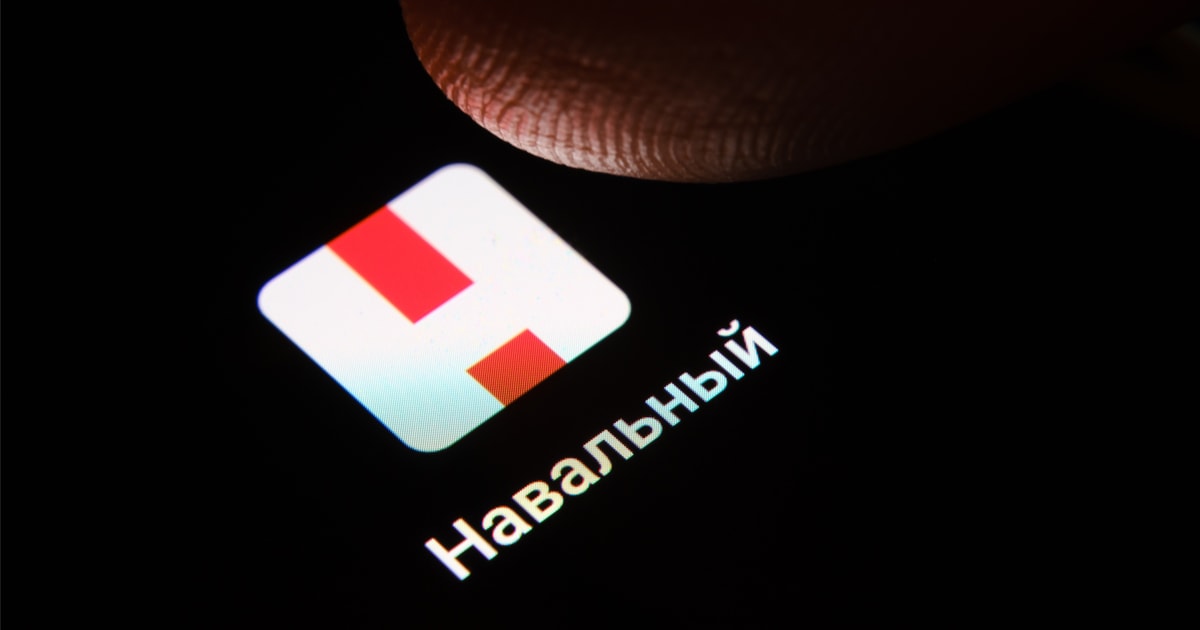
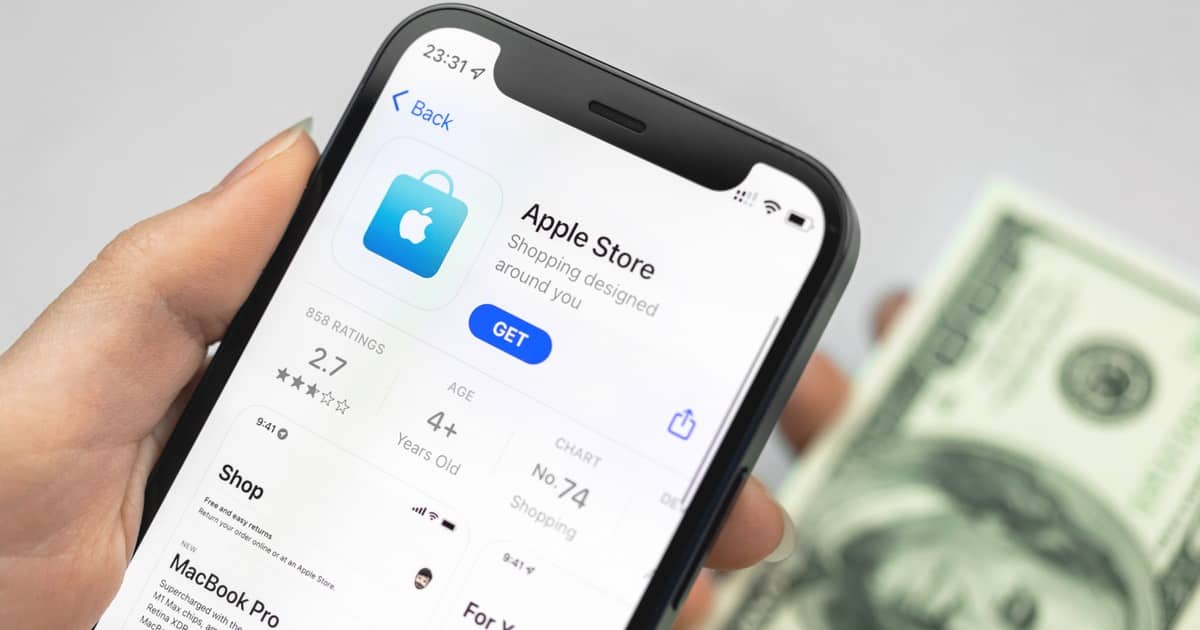

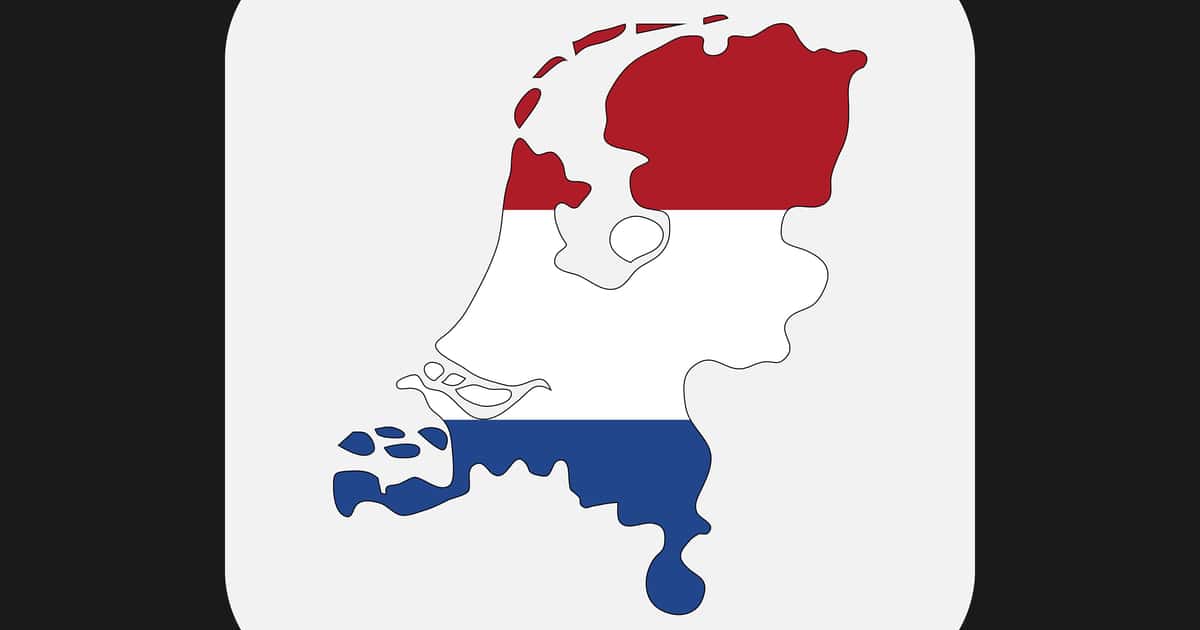
![[U] Apple Music, Other Online Services Face Second Day of Outages](https://www.macobserver.com/wp-content/uploads/2022/03/Apple-Music-outage.jpg)

